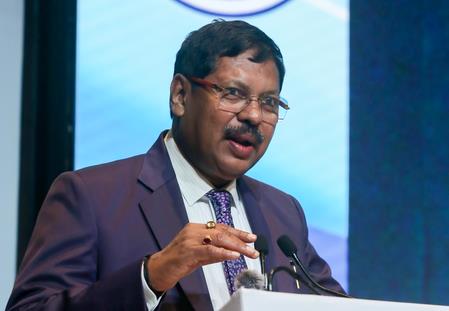
SC Bar Association President Urges CJI & Collegium To Finalise Mop For Transparent And Merit-Driven Appointment
In his letter, SCBA President and senior advocate Vikas Singh emphasised that“entrusted power demands accountability; self-assumed power demands even greater accountability,” while stressing that the credibility of the judiciary depends on a transparent and merit-driven appointment process.
The letter underlined that the existing Collegium system, though meant to safeguard judicial independence,“has inadvertently created significant challenges” which need“urgent and comprehensive correction”.
The SCBA President pointed out three key concerns. First, the exclusion of the Supreme Court Bar from consideration for elevation to home state High Courts despite their exposure to national jurisprudence.
“This not only wastes valuable judicial talent but also undermines the core principle of merit-based selection,” the letter stated.
Second, persistent under-representation of women and diverse communities, with data showing women comprise only 9.5 per cent of High Court judges and a stark 2.94 per cent in the Supreme Court.
“This is a glaring indictment of systemic exclusion, where the tyranny of a presumed meritocracy masks a deeper reliance on informal networks and patronage,” the letter said.
Third, neglect of briefing counsels and juniors, who contribute substantially to case preparation but remain invisible in the selection process.
“To elevate only the visible face is to perpetuate a flawed understanding of competence, reducing the process to a mere spectacle of a show of faces rather than a substantive evaluation of merit,” said the SCBA President.
Citing the Supreme Court Advocates-on-Record Association vs. Union of India judgment, Vikas Singh highlighted that the apex court had already provided a clear reform blueprint, giving an opportunity to revise the Memorandum of Procedure (MoP).
The SCBA President proposed a four-point reform plan: Creation of a permanent Secretariat in each court, an application-based transparent process, publication of objective eligibility criteria, and a robust grievance redressal mechanism.
“The path forward does not require reinvention, but revival,” the letter stated, adding that a previously drafted“Facilitation of Appointment of Judges Act” should be revisited to provide legislative support for these reforms.
Calling the CJI and the Collegium to finalise the MoP, Vikas Singh said:“Elevation must no longer be a function of proximity or visibility; it must be a reflection of merit, integrity, and constitutional fidelity.”
A similar representation, he added, is also being made to the Union Law Ministry to ensure a concerted effort from all stakeholders.

Legal Disclaimer:
MENAFN provides the
information “as is” without warranty of any kind. We do not accept
any responsibility or liability for the accuracy, content, images,
videos, licenses, completeness, legality, or reliability of the information
contained in this article. If you have any complaints or copyright
issues related to this article, kindly contact the provider above.


















Comments
No comment